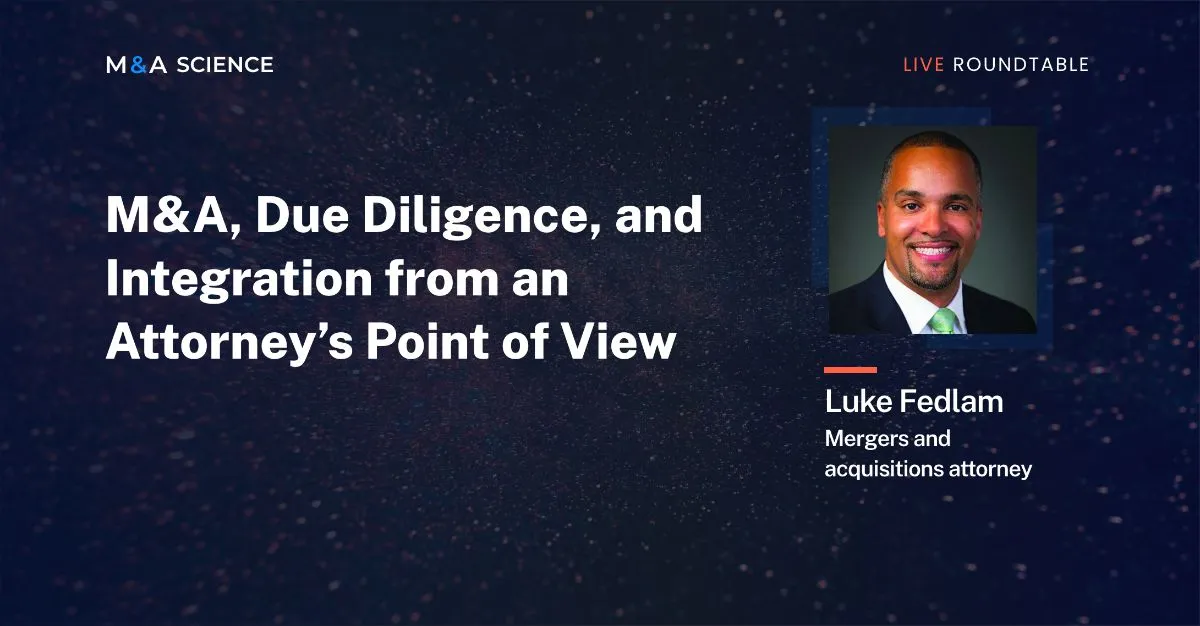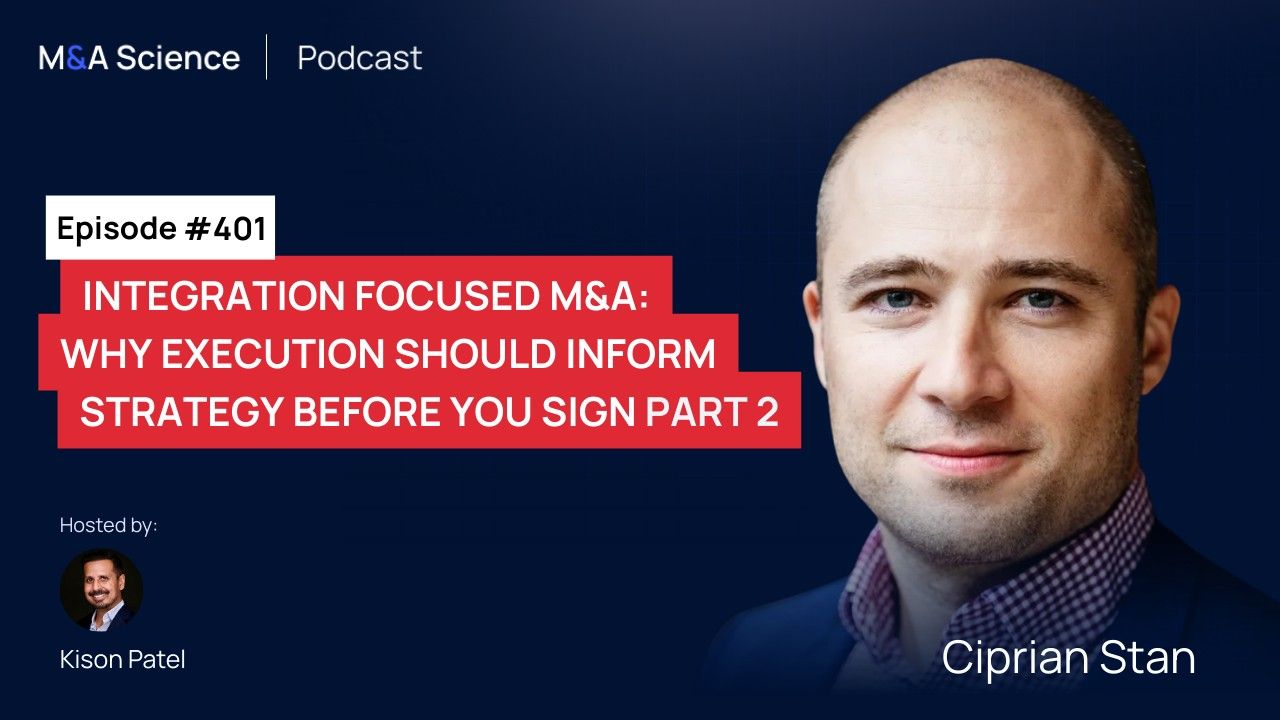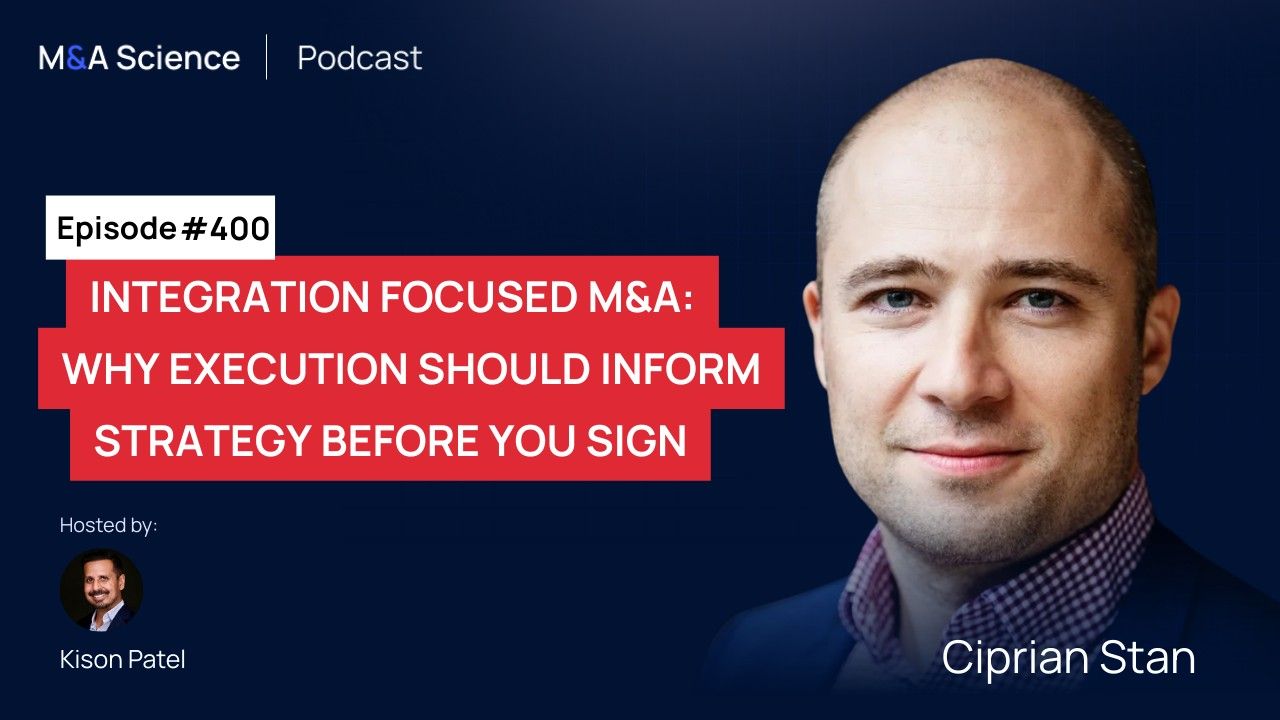
Luke Fedlam
Luke Fedlam is an attorney in Porter Wright’s Corporate Department, leading the Sports Law Practice Group. He brings a well-rounded approach to the challenges athletes face at any phase of their career. Working with an athlete’s team of advisors, he provides the essential, objective, thorough and balanced counsel necessary to leverage the opportunity at hand.
Episode Transcript
Here is a little more on Luke’s background.
I am a mergers and acquisitions attorney. I’ve had experience working both at a law firm and then now in-house at Scotts Miracle-Gro.
When I was an attorney at a law firm it was a mid-sized law firm and I focused on mergers and acquisitions, mostly middle market-sized transactions, where oftentimes we were representing the seller.
The focus at Scott’s is on strategic acquisitions and for the most part and over the years, I had an opportunity to work on numerous deas of various sizes and complexities, as I advised my business counterparts and worked with our outside counsel to execute our strategic business vision.
You are an in-house attorney who works with external outside attorneys. Can you explain what the difference is and how your perspective and value is different than an outside counsel?
As in-house counsel for a company my client is our business, so I work typically with our business leads as well as our deal leads, who are managing the actual transaction from a business perspective.
My role is to help advise and protect them through the transaction. As I work with outside counsel, the focus there is for them to help us to execute the deal, to make sure everything gets papered the right way.
I am playing a dual role in managing our in-house folks, as well as our in-house business counterparts, but also our outside counsel. I lean on outside counsel for drafting, but more importantly for their legal advice, their expertise in complex transactions.
When do you get involved in the transaction?
I’m involved in the transaction from the very beginning when we first identify the target that we’re interested in. Part of that is because we want to make sure that I have a solid understanding of all of the transaction dynamics.
When we start contemplating expression of interest or a letter of intent, we do a lot of strategic vetting when we are initially looking at potential partners and potential transactions to get involved with.
Our legal team, especially myself and another M&A attorney are heavily involved in upfront conversations and analyses to determine whether or not the transaction makes sense for us to make. Once that decision is made, I am already positioned to draft LOI or work with our outside counterparts to have it drafted and move forward into a transaction.
What’s your approach to due diligence?
Before we get into the LOI phase we try to have a little bit of financial diligence. As a buyer, we want as much information as we can possibly get as early as possible, although oftentimes that doesn’t happen.
Typically, we like to get the financial information first, so that we can use that information from the tax perspective and valuation perspective. Once we do enter into an LOI, we open it up and unleash the process of due diligence.
Are most of your deals proprietary or through a bank process?
Typically, our deals are proprietary, where we have either identified a target or someone has approached us showing interest in potentially selling or having some type of strategic relationship. Sometimes, if we are going after a target that may be involved in an auction process we’ll have investment bankers involved in those.
Do you find it easier to get access to information in the proprietary transaction versus the bank control process?
A lot of times, on the proprietary side we can get a lot of generalities in advance. With potentially family-owned businesses or businesses where there’s been a significant relationship built between somebody on our business side and that business owner you can get a really good understanding of potential issues, or what type of transaction it’s going to be.
With bank related transactions we can get a sense, but everything is much more formal, emotion isn’t as involved. Oftentimes what we’ll see are situations where we’ll get some initial dump of information, typically financial, and then as we progress in the transaction they’ll open up other parts to whatever data room we are using and make all other information available to us.
It seems like you get more control when there is a proprietary transaction. Does it also affect the timeline when it comes to completing the transaction?
The control we have in proprietary transactions doesn’t necessarily affect the timeline. Typically, the biggest driver of the timeline is the target. Here at Scott’s, once we have identified the target, if we are all on board with executing the transaction we are going to drive as fast and as hard as we can to get it done.
And while we may have better control in terms of better positioning, we can still drive the transaction as fast as that business owner is willing to go.
What are the biggest risks that you come across in deals?
The biggest M&A risks that we come across in deals are the risks of the unknown. In any transaction, you try to get as much information as possible through due diligence, but oftentimes there are situations where you just aren’t able to capture all the information or something comes up that wasn’t expected.
Those are the risks you always try to mitigate through transaction documents indemnification.
Can you give me examples of something that you’ve come across that would be a showstopper in a deal?
There really aren’t a lot of showstoppers from our perspective. A lot of times, we want to be able to figure things out and figure out a way to protect ourselves, either through indemnification or other means or, figure out a solution to the issue before we close and move on with the transaction.
Are there certain things that come up where as soon as you see it you know you are going to have some additional diligence on it?
There are things that come up across multiple different areas and functional areas that will cause us to know we need to do more diligence.
For example, if something comes up where there’s been a challenge to the target's intellectual property, that’s an instant red flag and we need to get to the bottom of whatever those challenges have been to make our own assessment.
This is why we have experts in various areas and this is why our diligence team is quite expansive.
What about items that would cause you to renegotiate terms?
A lot of the time, potentially renegotiating terms is going to have to do with the financial aspect.
Sometimes we create LOI based on certain financial terms, only to realize that the numbers are not what we thought they were and therefore we need to renegotiate the amount that we are willing to invest into a purchase or, in the case when the acquisition wasn’t complete, the percentage of ownership that we are looking for.
Would there ever be things you find in diligence that would cause you to change the finance?
Yes, definitely. It wouldn’t necessarily be changing the overall valuation financial terms, but rather it might cause us to require the target to pay off or use sales proceeds to pay off certain things at closing
Oftentimes we may come up with various agreements or different contracts that the companies are involved with that we don’t want or feel the need to take on.
Typically, those are the types of situations where we would negotiate some type of financial benefit to our acquisition of the company as opposed to just renegotiating the purchase price.
Makes sense. You are not using a diligence process to negotiate the price?
Not typically. If it’s something in the financial aspect that we uncover through diligence, for example, then we will renegotiate the purchase price, based on what those findings are.
But typically if it’s the other diligence around non-financial diligence our first move is going to be to figure out how to handle that before we necessarily go straight to purchase price.
More to read:
How to a Value a Company: 7 Best Business Valuation Methods
One thing I was curious about is your relationship with the counterparties attorney. How does that play out?
Now that I’m in-house oftentimes I am working with my direct contact, either with the owner of the target or their designee for the transaction, so the outside counsel is usually easy to work with.
There is nothing better than working with in-house and outside counsel on the other side that is collaborative, that wants to get a deal done, is smart around transactions, is thoughtful and smart in terms of how they want to work through the transaction.
I am fortunate in this role where we are typically the acquirer. We essentially want to be good stewards of the asset we purchase and make sure to continue to grow it.
However, when I was on the sell-side there were situations where the other side had the leverage and they used that negatively in some respects to their advantage, which can really make for a challenging transaction overall.
Any interesting ways to counter that?
There are strategic deal ways to counter that. If you are representing a seller the fact is, even though the acquirer has financial leverage, the seller owns the asset. Therefore, the seller can very easily put things on hold or slow things down until the water calms down a little bit.
In our respect, typically we have the ability to walk away if the other side is being kind of obstinate and not trying to move forward in a productive manner.
That sounds like culture plays a pretty significant role. Are you involved in the integration process?
I am somewhat involved, typically just for the initial legal integration and making sure legally that all our ducks are in a row.
What is unique to us is that we have members of the integration team involved in our deal team from the beginning, meaning they are constant throughout the transaction, through closing, and into the integration process. This gives the owners, who are oftentimes staying around for a period of time, a certain level of comfort.
Could you maybe tell me a little bit about that process you have and how you keep it intact to manage the transaction?
The process really starts back at due diligence. Most law firms are quick to provide a due diligence request list that will go from the buyer to the seller, which consists of all the information that the buyer will want to have about a particular target.
Before we even move into the diligence phase we’ll have a kick-off meeting where all of our functional areas will be represented, we’ll go through the transaction, explain to them what type of the transaction it’s going to be, the structure and the timeline.
After that, all of our functional experts will go into that massive request list to create a much more manageable request list that will be sent to the target. Throughout the process, all of those functional leads in-house will be involved in the process.
As that list gets closed out, that same person or persons from our strategy team helps to manage the integration process. The key integration person or persons will go onsite, so this is not just something that’s done from afar, which helps build relationships with the employees.
How do you overcome that last part? It always seems that the biggest challenge with integrations is culture fit.
When acquiring, we will always share what our expectations and our cultural attributes are. We are buying companies that have been typically well-managed, they have grown, so we want to keep that local culture intact.
Being able to spend time to develop relationships to help educate the new employees on who we are, what our expectations are and what it is that they are becoming part of, and ultimately helping them understand that we are not trying to come in and change everything matters a great deal.
Transparency is critical. When the employees don’t feel like they are part of the process, that can be tough. When the transaction closes, we are always there on-site so that we can have immediate conversations with the employees, which we typically do hand in hand with former owners.
What would you say is your biggest challenge in executing that process?
The biggest challenge is making sure that the outgoing owners stay engaged in that transition. Typically, we will set up some type of consulting agreement or some type of relationship with them to have them stay engaged.
We need their help so we make sure that our messaging, communication, and values are being communicated to their employees.
Have you had an owner bailout after closing?
We haven’t had anybody that just completely disappear, but we had some owners that weren’t as helpful as we thought they might be in transitioning clients. Part of what we pay for is their help in transitioning so that we get a company that is running as smoothly, if not smoother.
Have you had post-closing surprises?
Sometimes, things will come up, especially when dealing with family-owned businesses as some are not as good at record-keeping as large corporate targets are, but that is why we’ll ask the questions and push to ensure that we are protected in terms of the reps and warranties.
What’s the craziest thing you’ve seen in M&A?
I have seen situations where I was working on the sell-side as outside counsel, where a CEO started to see the writing on the wall that they may not survive the investment and so they tried to ensure that the transaction didn’t happen and potentially sabotage the transaction.
Let’s say I’m an M&A attorney and I’m taking on an in-house counsel role. What advice would you give me to help me prepare for this role?
If you had just transitioned in-house, the number one thing you can do is become an expert in the business. You already know the technical side, how to draft agreements and how to negotiate transactions, but you need to understand how the business operates, what are the biggest challenges to the business, and the internal politics and dynamic of the people involved in the transactions.
Ending credits
Thank you for taking the time to explore the world of M&A with our podcast.
Please subscribe for more content and conversations with industry leaders.
If you like our podcast please support us by leaving a five-star review and sharing it.
M&A Science is sponsored by DealRoom, a project management solution for mergers and acquisitions.
See you next time!
M&A Software for optimizing the M&A lifecycle- pipeline to diligence to integration
Explore dealroom

Want to wear your M&A expertise?
Check out the M&A Science store.

.webp)


.jpeg)
